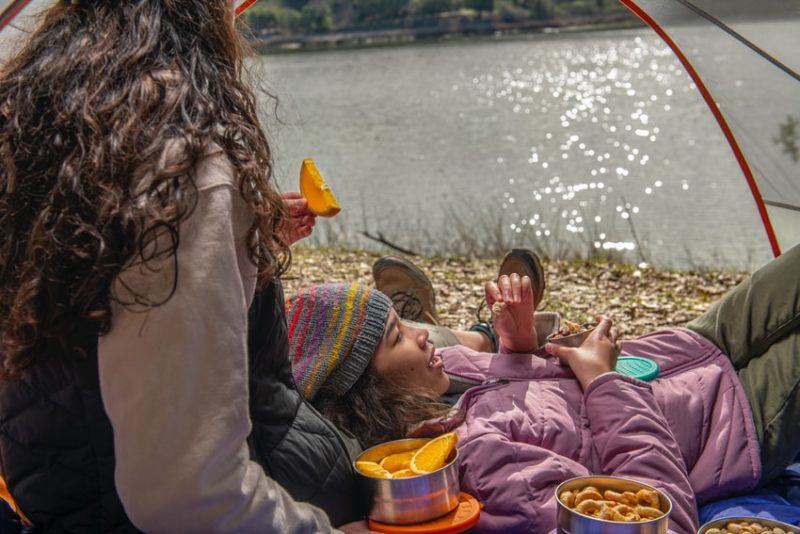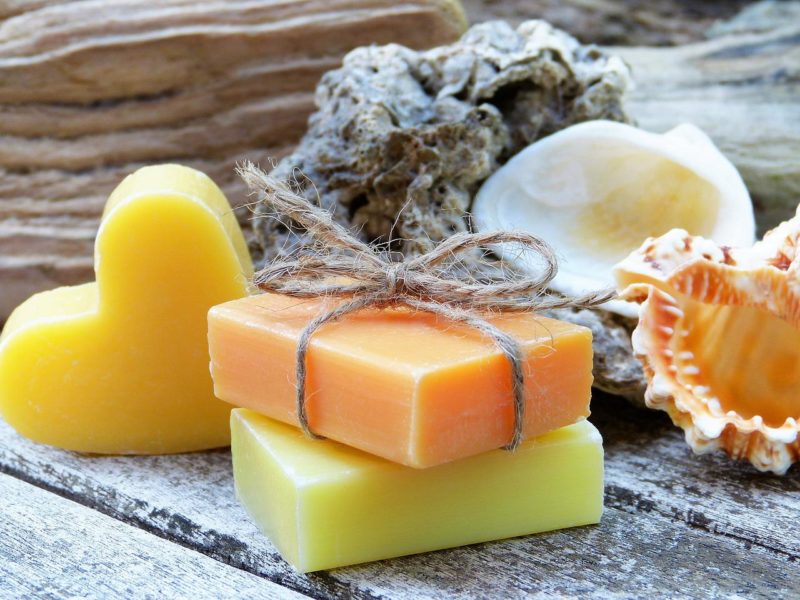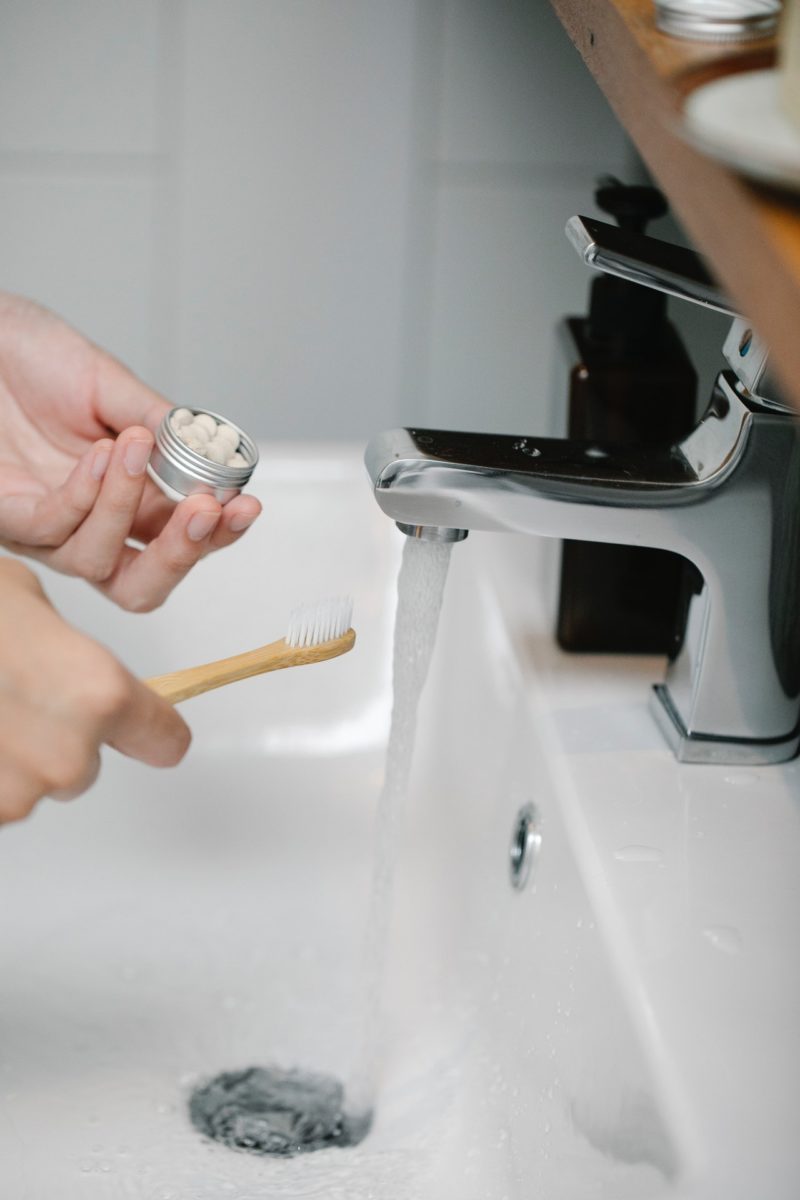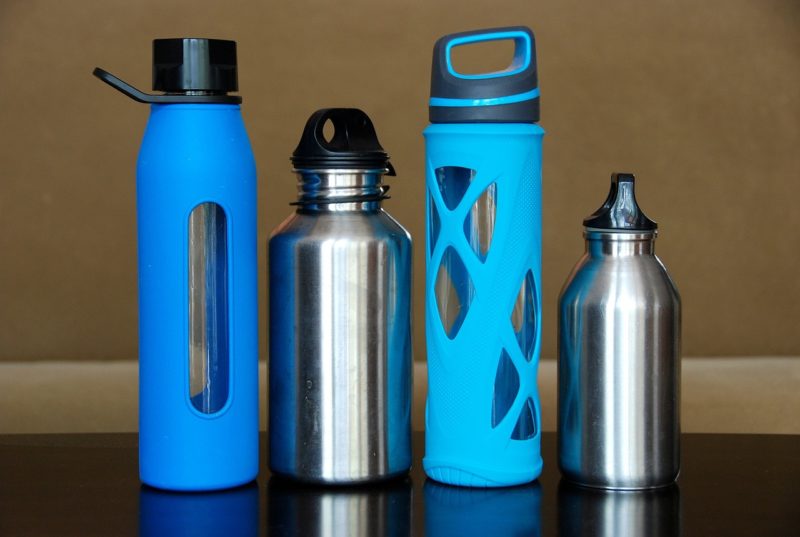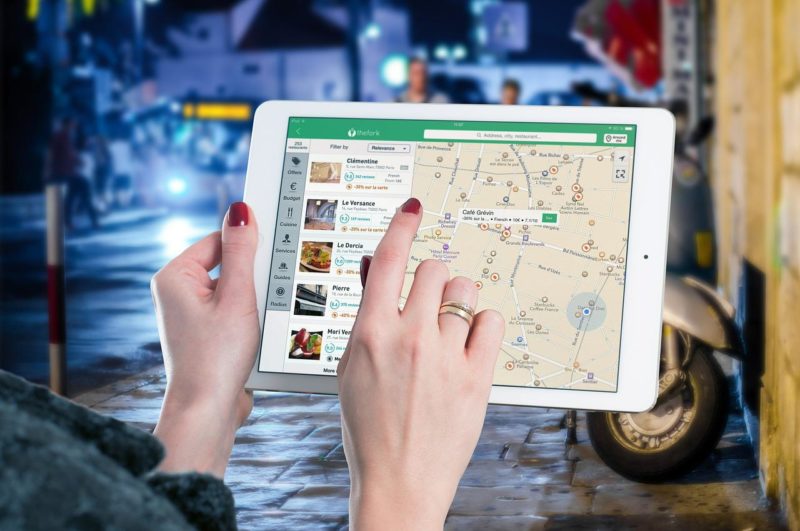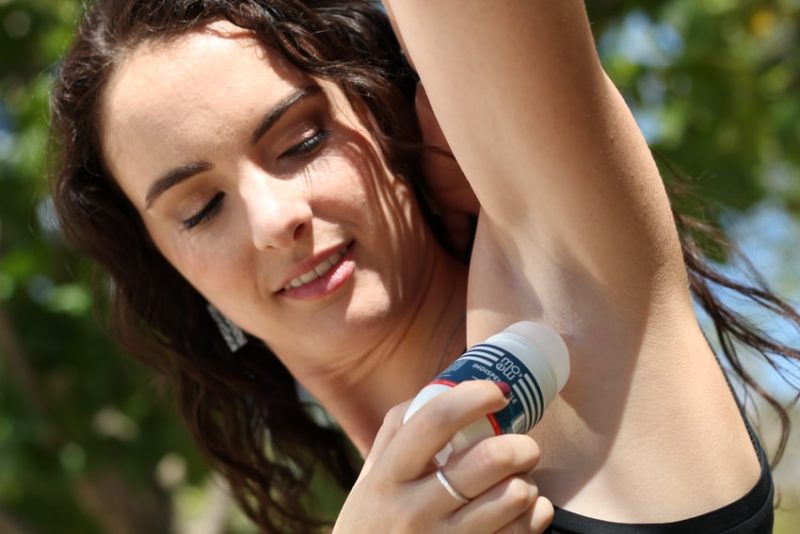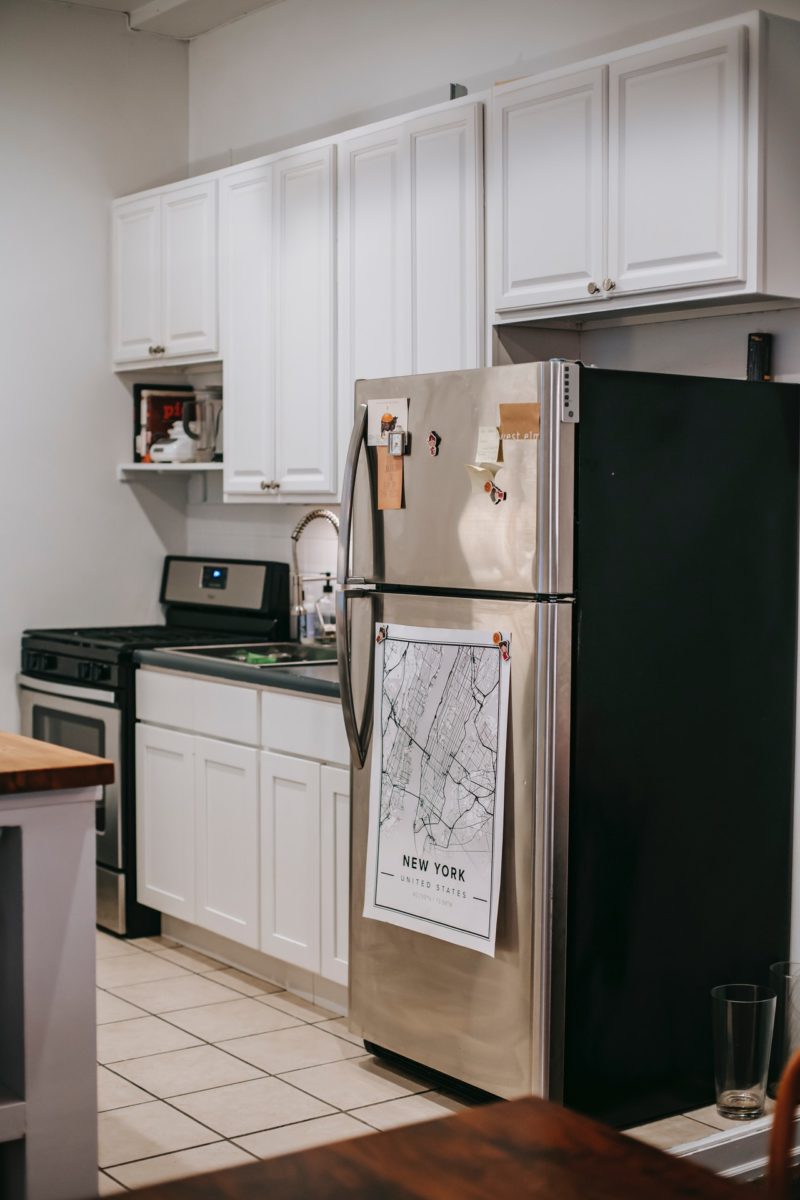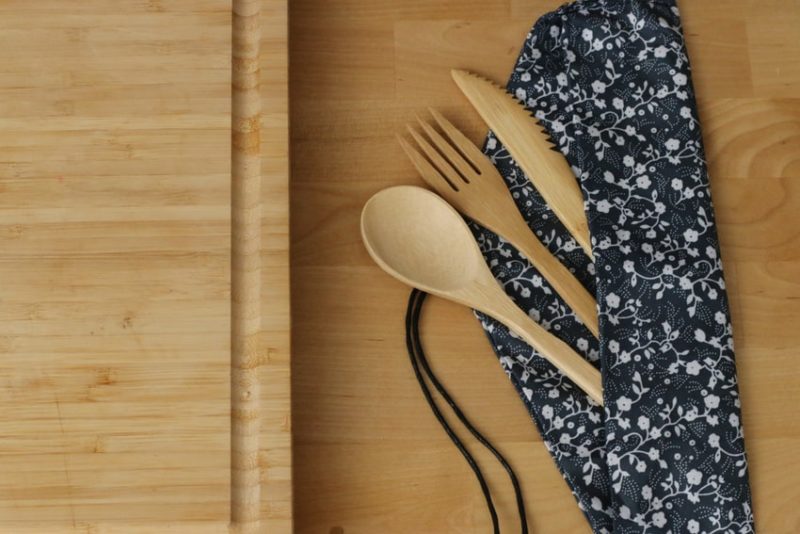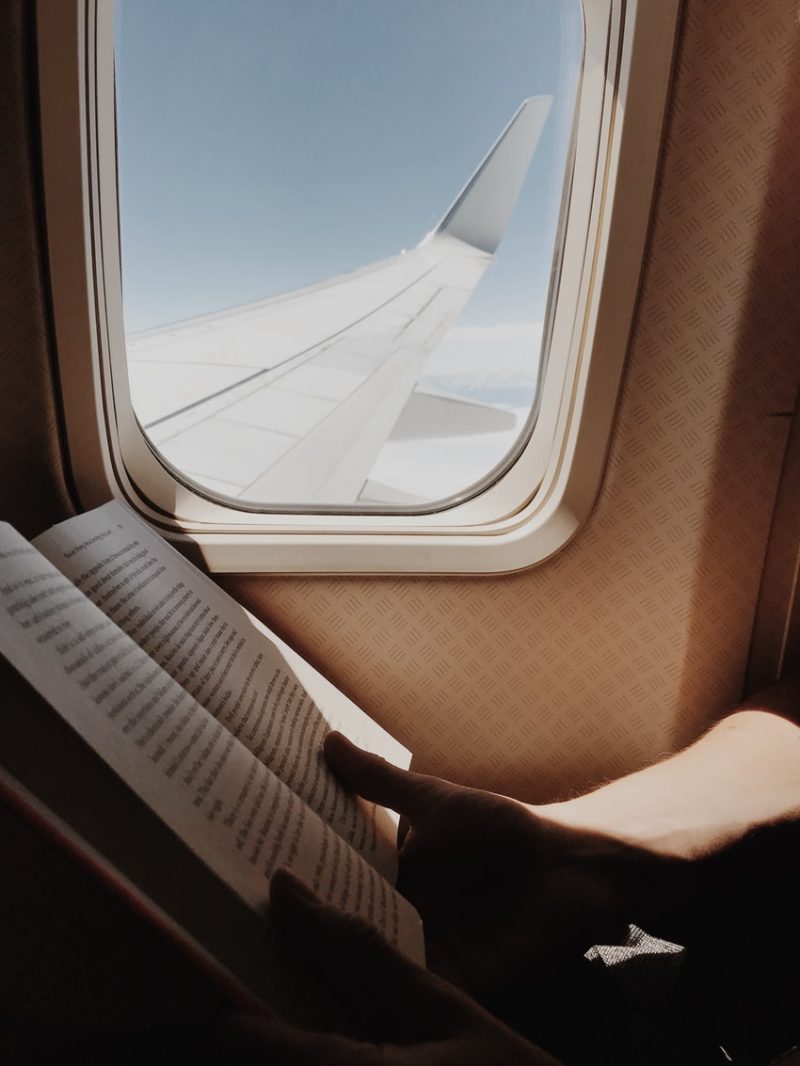10 Zero Waste Travel Hacks for Your Next Trip
Traveling can be a wonderfully enriching experience that makes us even more appreciative of our beautiful planet and all those who call it home. Still, there’s no denying how wasteful our far-flung vacations can be when we aren’t conscious of the trash we leave behind in our wake. From takeout containers to travel-sized toiletries, many aspects of travel can harm the very thing we wish to explore.
The good news is that applying zero waste principles to your travels is very doable. Indeed, something as simple as switching to plastic-free shampoo or packing a reusable water bottle can help turn the tide on trash, paving the way toward a cleaner planet we can all enjoy.
To help you travel more sustainably, we’ve rounded up 10 zero waste travel hacks that will make your next trip a much less wasteful one. With these simple hacks, you can minimize your environmental impact while traveling and work towards leaving only your footprints behind.
1. Pack travel-friendly snacks in a reusable container
Airport and roadside convenience store food are ridiculously overpriced, and nearly all the good stuff comes wrapped in wasteful packaging. Rather than spend money on overpriced food swathed in plastic, consider bringing delicious snacks from home. You can shop the bulk bins at your local grocery store and load up on travel-friendly snacks such as nuts, dried fruit and crackers the night before your trip. Put the goodies in a collapsible, reusable container and enjoy them in-flight. Pack just enough snacks to make it to your destination. That way, you can use the empty container to hold your leftovers (or more snacks).
2. Switch to solid toiletries
Did you know that 550 million plastic shampoo bottles are thrown in the trash every year? Yikes! Switching to solid toiletries such as shampoo and conditioner bars is a great way to reduce your plastic footprint and make your travels more convenient. Unlike liquid toiletries, solid products won’t explode in your luggage mid-flight. Plus, you don’t need to worry about TSA liquid rules. It’s a win-win!
3. Try toothpaste tablets
Another easy and convenient way to eliminate plastic from your travels (and your life) is to use toothpaste tablets instead of regular toothpaste. Toothpaste tablets eliminate the need for a plastic toothpaste tube, which is a good thing considering that 300 million end up in landfills every year — enough to circle the globe twice! Toothpaste tablets are also ideal if you’re going camping or taking a long-haul flight where you can’t brush your teeth.
4. Bring an empty reusable water bottle through security
This one seems like a no-brainer, but there are still way too many people out there buying bottled water at the airport — for $5 a pop, no less! Here’s what you should do instead: fill your water bottle up to the halfway mark and drink it all on your way to the airport. By the time you reach airport security, the water bottle should be empty (if not, start chugging). You can take your now-empty water bottle through the TSA checkpoint without issue. When you reach the other side, stop by the nearest water bottle refill station and fill your water bottle back up (by the way, this is a great time to use the restroom before your flight). Voila! You’re now completely hydrated for your travels, and you don’t have to pay for expensive beverages in single-use containers.
5. Go digital wherever possible
Reduce your paper waste by going digital as much as possible. Instead of printing out a boarding pass, consider downloading a mobile version direct to your phone. Rather than picking up maps and flyers from hotel desks, download digital maps ahead of time.
6. Keep a zero waste deodorant in your carry-on bag
Long hours spent in a car or on a plane can translate into not-so-pleasant-smelling armpits at the end of the day. To keep your body odor in check and feel refreshed upon your arrival, consider packing a zero waste deodorant in your carry-on bag. Compared to traditional deodorants, zero waste deodorants often come in compostable paper tubes and contain nontoxic ingredients that are good for the planet and your armpits.
7. Consider using furoshiki
If you were following zero waste influencers during the holidays, you might have seen them post about the traditional Japanese cloths called furoshiki. These beautiful cloths have become immensely popular within zero waste communities because they’re reusable and, therefore, more sustainable than traditional gift wrap. But their uses extend well beyond gift-giving. Furoshiki cloths can also be used as a food placemat for an on-the-road picnic, a makeshift towel, a bag for shopping, a stylish scarf, a handkerchief — you name it. In short, their versatility makes them the ultimate zero waste travel item.
8. Look for accommodations with a refrigerator
When booking accommodations, try to find something that comes with a refrigerator. That way, you can bring home leftovers from restaurants in your reusable container and eat them the next day, saving money and waste. Better yet, look for accommodations with a kitchenette so that you can make meals at home.
9. Bring your own utensils
According to Habits of Waste, 40 billion plastic forks, spoons and knives are tossed in the trash annually. One easy way to dodge all that waste is by opting for reusable cutlery made from sustainable bamboo. To ensure you always have a set on your person, consider keeping it in your purse or the glove department in your car.
10. Pre-plan entertainment
Although your itinerary might be full of exciting activities, traveling itself is pretty boring. It often involves spending long periods of time with little mental stimulation. Instead of buying a magazine or book at the airport bookstore, consider zero waste alternatives to keep you preoccupied during transit. For instance, you can stop by a used bookstore prior to your trip and pick up a secondhand book for a long flight. You can also download podcasts in advance of your trip, so you can listen to your favorite shows even when your phone has no internet.
Do Your Research
If you’re looking to make your next trip zero waste, it pays to do some research and planning before hitting the road. After all, being waste-free at home is one thing, but practicing it in an unpredictable and unfamiliar environment is another thing entirely. By doing your research in advance, you’re more likely to keep your trip waste-free and stress-free.

